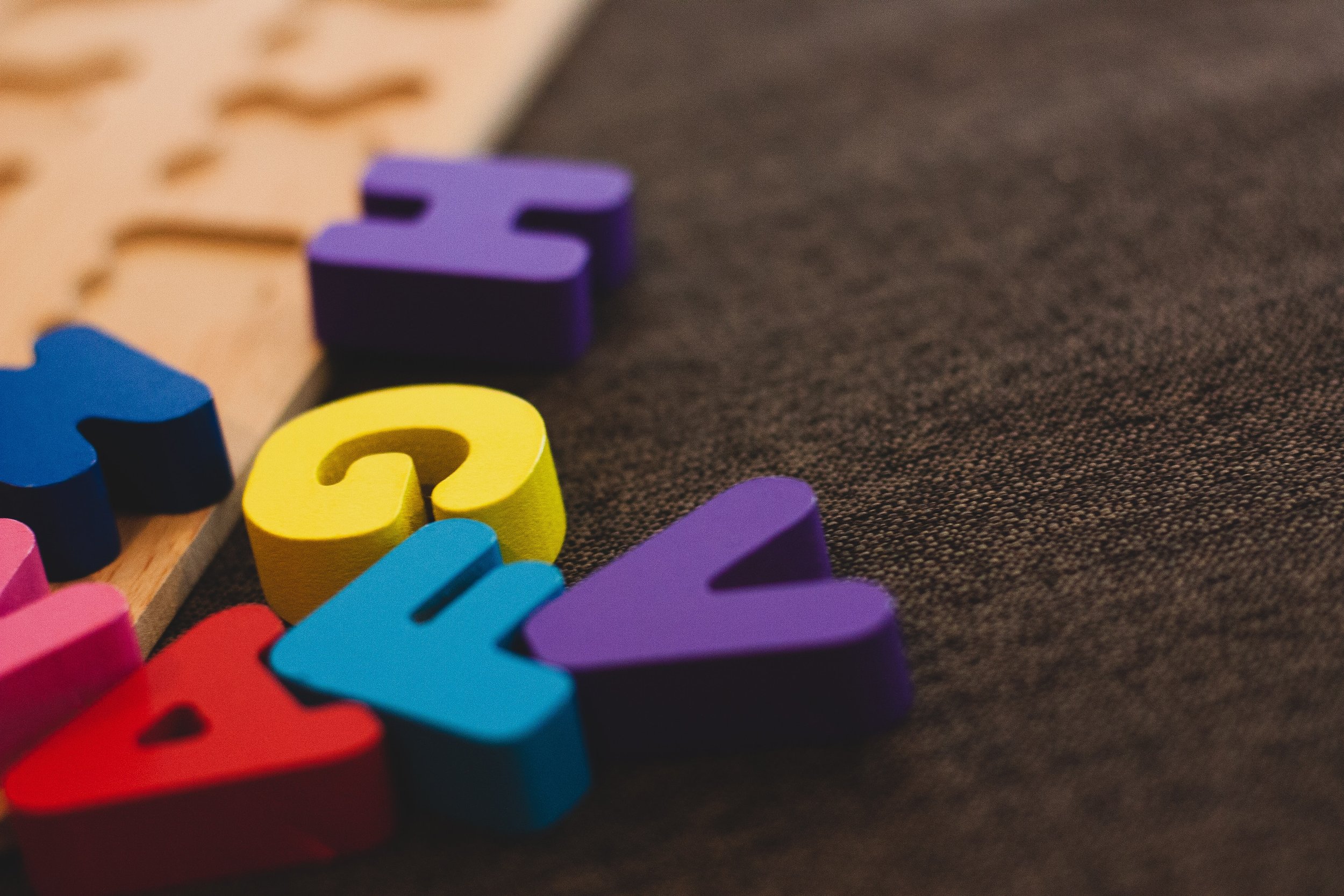Futur Proche vs Futur Simple in French : Which One to Use?
In French the future can be expressed via two different tenses. Although they both express something that will happen in a more or less near future, it is worth pointing out a few differences between the futur proche and the futur simple in French. I will explain when and how we use these two French future tenses.
1 – French Futur proche: the near future
A - The French futur proche (near future) is a construction using:
Aller in the present + verb in the infinitive form, (so not conjugated). Only the verb aller is conjugated.
Aller
Je vais
Tu vas
Il / elle / on va
Nous allons
Vous allez
Ils /elles vont
Il va pleuvoir - it is going to rain
Je vais acheter des fruits cet après-midi - I am going to buy fruits this afternoon
Qu’est-ce que tu vas faire demain? - what are you going to do tomorrow ?
B - Immediate – informal -used in the spoken language
It is more informal than the futur simple and tends to exist more and more in the spoken language. The Futur proche is used when the action will take place in the very near future of the present, but not always!(we will see in point C that it can be used for actions that will happen within several months) It is used when the event is certain.
The logic is almost the same as in English, it is used when something is going to happen.We can translate the Futur proche as “going to do something”.
The futur proche is the first tense you normally learn after the present tense, as it is very easy to use.
C - Futur proche: Differences of use between English and French
In French, using the futur proche implies that there will be an upcoming change, something that we are almost certain is going to happen, even it is not in the immediate future. It can even be in a more or less distant time. In the same situation you might use the present tense in English and not the immediate future.
L’année prochaine après mes examens je vais déménager à Paris
Next year after my exams, I am moving to Paris.
2 - French Future Tense: Le Futur Simple
Whereas in English, the future tense uses the auxiliary “will” (I will) + the main verb ( ex : I will eat), in French we don’t use any auxiliary to form the future tense. Only the verb endings indicate the future tense.
A - How to form the French future simple
To form the endings of Le futur simple, you add :
-ai / -as / -a / -ons /-ez / -ont to the infinitive verb.
(ER verbs) For the verb manger (to eat):
Je mangerai
Tu mangeras
Il/Elle/On mangera
Nous mangerons
Vous mangerez
Ils/elles mangeront
(IR verbs) For the verb Dormir (to sleep)
Je dormirai
Tu dormiras
Il/Elle dormira
Nous dormirons
Vous dormirez
Ils/Elles dormirez
B - The irregular verbs with French future simple
Unfortunately, many verbs are irregular in the future tense, so you will just have to memorize them. The endings are always regular which is rather good news.
Etre (to be) : je serai, tu seras, il /elle/on sera, nous serons, vous serez, ils/ elles seront
Avoir (to have) : j’aurai
Voir (to see) : je verrai
Pouvoir (to can, to ba able to): je pourrai
Il y a (there is) : il y aura - impersonal verb
Faire (to do, to make): je ferai
Aller (to go): j’irai
Il faut (it is necessary) : il faudra - impersonal verb
Venir (to come) : je viendrai
Recevoir (to receive) : je recevrai
Devoir (to must) : je devrai
Pleuvoir (to rain) : il pleuvra - impersonal verb
C - the other uses of the French futur simple: certain times adverbs, fixed expressions and to speak about limited topics
-The future simple is generally used for:
The weather forecast :il y aura beaucoup de nuages demain
The media : le président Macron annoncera de nouvelles mesures
Job descriptions : Vous dirigerez une équipe de 10 personnes
-It is also used for fixed expressions and time adverbs when you have 2 verbs in the same sentences:
Quand tu iras au cinéma, tu verras le nouveau James Bond
When you go to cinema, you will see the new James Bond
J’irai au supermarché pendant que tu réviseras tes cours
I will go to the supermarket while you will review your lessons
Mes amis viendront à l’hôpital une fois que le bébé naîtra
My friends will go to the hospital once the baby is bornTant que tu habiteras ici, tu payeras le loyer
As long as you live here, you will pay rent
D - Hypothesis about the future
You can use this construction if you are talking about something that might happen in the future, but right now if it us just a hypothesis, we are not sure that it will happen.
Si + present / future: futur must be placed in the second part of the sentence- not just after si: if in the future.
Demain, si le temps est beau, on ira au parc (the forecast is always hypothetical) Tomorrow, if the weather is nice, we will go the park.
Learn French with French à La Carte
Since 2012, French à La Carte provides personalized private French lessons online and in person in Paris.
If standardized French lessons do not correspond to your learning style, you should try our personalized and flexible approach to match your specific linguistic goals.
Conversational French
French for visitors
Preparation for examinations
French for children
for all these options our teaching approach is focused on your specific needs, and will include the skills you need to practise: speaking, comprehension, and writing.



